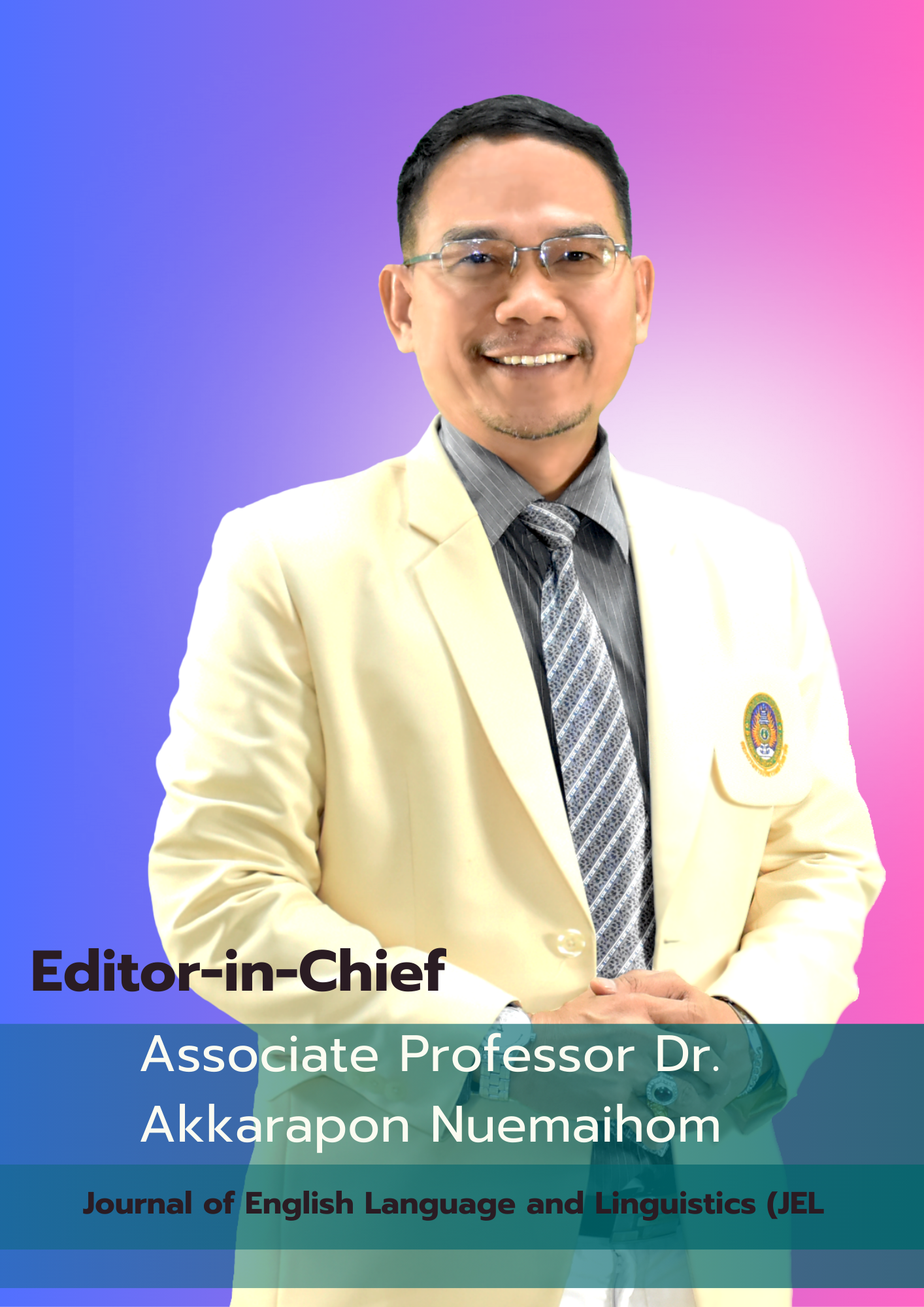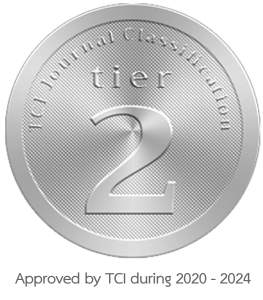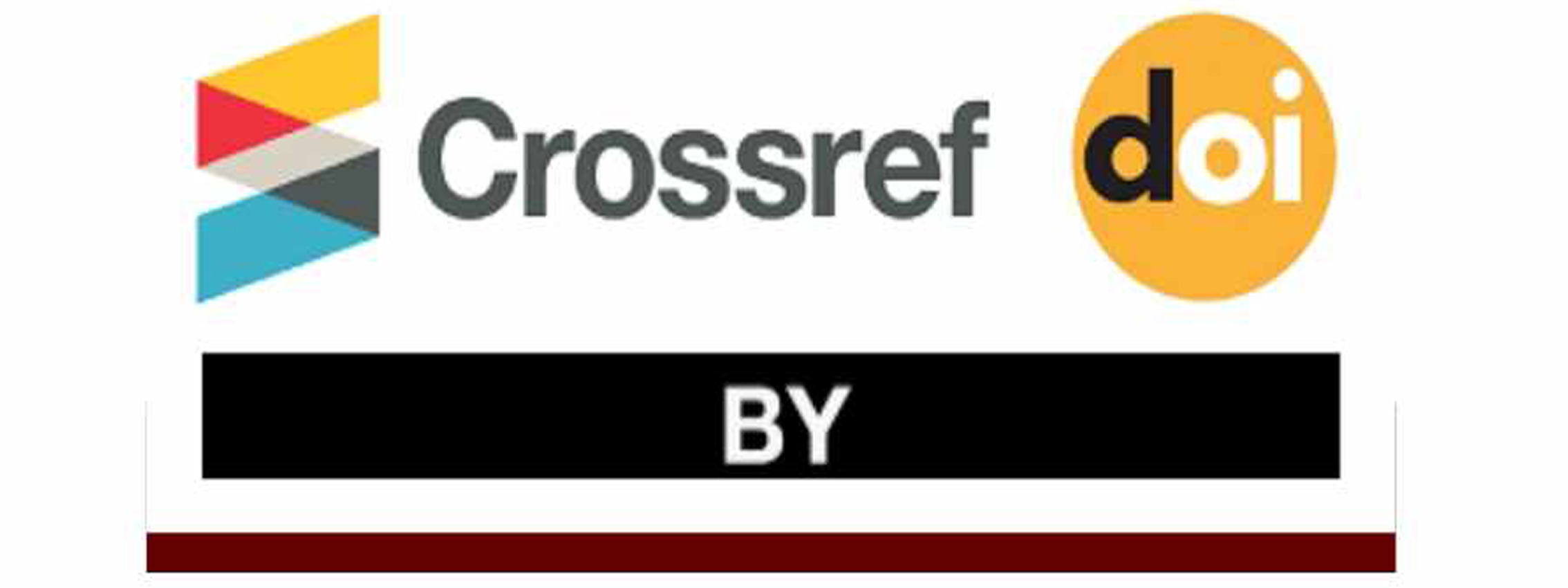Production of Politeness by Myanmar (Burmese) Native Speakers in Requests
DOI:
https://doi.org/10.14456/jel.2023.10Keywords:
Gricean-based politeness theory; Myanmar (Burmese) production of politeness; social variables; third-wave politeness researchAbstract
This research aims to examine the production of politeness in Myanmar (Burmese) native speakers via the request speech act. The politeness theory of Brown and Levison (1987) was deployed to investigate the responses elicited from the informants. The data consists of quantitative approach (Discourse completion test). Forty-nine male and female Myanmar (Burmese) native speakers with different ages and educational backgrounds responded to the questionnaire. The findings of this research argued for the adequacy of the theories of Brown and Levison (1987) for the Myanmar (Burmese) context. In addition, a new politeness strategy, "using politeness markers," was suggested. Employments of politeness strategies in making the requests varied depending on the different social variables. Three characteristics of using politeness strategies by Myanmar (Burmese) native speakers are also laid out. The framework of politeness production in the request by Myanmar (Burmese) native speakers was proposed to fulfill the goal of third-wave politeness research.
References
Brown, P., & Levinson, S. C. (1987). Politeness: Some universals in language usage. Cambridge University Press. DOI: https://doi.org/10.1017/CBO9780511813085
Culpeper, J. (2005). Impoliteness and entertainment in the television quiz show: The weakest link. Journal of Politeness Research: Language, Behaviour, Culture, 1, 35- 72. Eelen, G. (2001). A critique of politeness theory (Vol.1) (1 edition). Routledge.Gar tner, U. (2005). Is the Myanmar language really tenseless? In J. Watkins (Ed.), Studies in Burmese linguistics (pp. 119). Pacific Linguistics. Grice, H. P. (1975). Logic and conversation. In P. Cole & J. L. Morgan (Eds.), Syntax and semantics (pp. 59-82). Academic Press. Gu, Y. (1990). Politeness phenomena in modern Chinese. Journal of Pragmatics, 3, 237–257. Ide. S. (1989). Formal forms and discernment: two neglected aspects of universals of linguistic politeness. Multilingual, 8(2/3), 223-248. Kadar, D. Z. (2017, March 29). Politeness in pragmatics. Oxford Research Encyclopedia.Kadar, D. Z., & Haugh, M. (2013). Understanding politeness. Cambridge University Press. Kadar, D. Z., & House, J. (2020). Politeness Markers revisited - A contrastive pragmatic perspective. Journal of Politeness Research, 1- 31. Lakoff, R. T. (1973). The logic of politeness, or minding your P's or Q's'. In The ninth regional meeting of the Chicago linguistic society (pp. 292-305). Chicago Linguistic Society. Leech, G. N. (2014). The pragmatics of politeness. Oxford University Press. Mao, L. M. (1994). Beyond politeness theory: Face revisited and renewed. Journal of Pragmatics, 21, 451–486. Matsumoto, Y. (1988). Re-examination of the universality of face: Politeness phenomena in Japan. Journal of Pragmatics, 12, 403-426. Mills, S. (2003). Gender and politeness. Cambridge University Press.Myanmar-English dictionary. (1996). Myanmar language commission. Oo, W. Y. M. (2023, April. 27). Conceptualization of the politeness and impoliteness of Burmese and Rakhine races in Myanmar [Manuscript accepted to be delivered in the conference]. Culture and Cognition in Language 3, Poland.Qari, I. A. (2017). Politeness study of requests and apologies as produced by Saudi Hijazi, EFL learners, and British English university students. [Unpublished doctoral dissertation]. University of Roehampton. Rima, A. (2019). A study about the used politeness strategies in refusal speech acts in relation to gender as an influential factor the case of third-year students of English at MKU of Biskr [Unpublished master's thesis]. Mohamed Khider University of Biskra.Thomas, J. (1995). Meaning in interaction: An introduction to pragmatics. Longman. Vittrant, A. (2005). Burmese as a modality-prominent language. In J. Watkins (Ed.), Studies in Burmese linguistics (pp. 147). Pacific Linguistics. Watts, R. J. (2003). Politeness. Cambridge University Press.Watts, R. J. (2005). Linguistics politeness research: Quo Vadis? In K. Ehlich and S. Ide (Eds.), Politeness in language: Studies in its history, theory and practice. Mouton de Gruyter. Widarwati, N. T. (2014). Politeness strategies and linguistic politeness markers of imperative in The Very Best of Donald Duck Comic Series and their translation in Indonesian. UNS Journal of Language Studies, 3(1), 45-55.


















